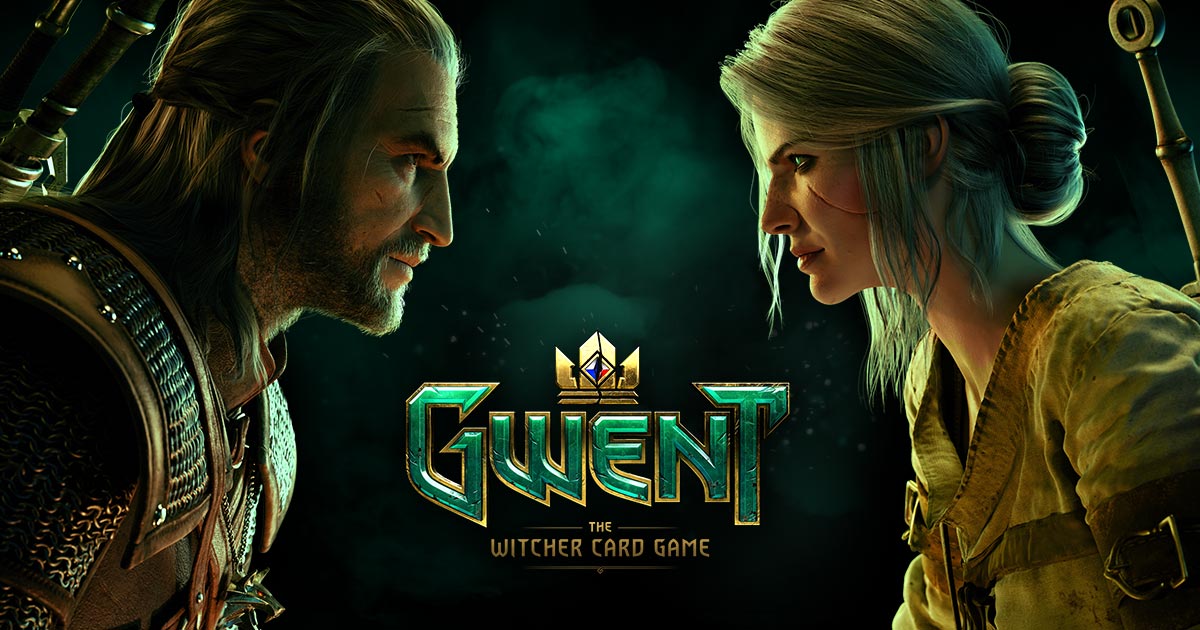So this is a very broad topic but after months of trying to make my own original deck and actually being able to compete in the higher ranks with it I'm about to give up. Maybe I'm just awful at deckbuilding and need some advice. I admit excluding cards I consider not fun might be to my detriment namely scenarios and echo tutors, but I really feel like in theory these decks SHOULD work so I don't understand why they don't. Is the game really so linear now that I HAVE to include a scenario in order to compete?
If we take a look at Nilfgaard I think they look like a strong faction with many elements that synergize well, so why are they so weak?
Here is my latest attempt at a fairly basic Spy deck:

 www.playgwent.com
It's a combo heavy deck with the main focus being the Operator+Mage Torturer which allows it to create a bunch of Assimilate units while giving Spying to the benefit of Enforcers and the big Aristocrat finishers. Each time you Informant on the Mage Torturer the rest of them are boosted.
www.playgwent.com
It's a combo heavy deck with the main focus being the Operator+Mage Torturer which allows it to create a bunch of Assimilate units while giving Spying to the benefit of Enforcers and the big Aristocrat finishers. Each time you Informant on the Mage Torturer the rest of them are boosted.
It's a tough combo to pull off and things don't always work out, that's fair. But the thing is even when it works out perfectly it's STILL outvalued by all the usual suspects (Warriors, Shieldwall, Gord ST, anything scenario and so on). Why is this?
When I created it I was fairly excited imagining all the elements that synergize so well but in the end it gets easily beaten by the raw numbers of something like SK Warriors no synergy needed. It's just depressing to me when I look at Drummond Berserker and realize it has the same value on it's own as Enforcers+FOUR Spying. Shouldn't setups be rewarded more? Or better yet solo cards be rewarded less?
This deck is just an example and it's not intended to be the main focus of the thread, it's just an archetype I feel should have all the elements that make up a strong deck but it just doesn't for some reason. It's an archetype that absolutely dominated in the beta yet now it's not even in any tier list, this is fascinating to me.
I want to discuss what makes a strong deck in current Gwent.
If we take a look at Nilfgaard I think they look like a strong faction with many elements that synergize well, so why are they so weak?
Here is my latest attempt at a fairly basic Spy deck:

GWENT: The Witcher Card Game
Join in The Witcher universe’s favorite card game! In GWENT, you clash with your friends in fast-paced duels that combine bluffing, on-the-fly decision making and careful deck construction.
It's a tough combo to pull off and things don't always work out, that's fair. But the thing is even when it works out perfectly it's STILL outvalued by all the usual suspects (Warriors, Shieldwall, Gord ST, anything scenario and so on). Why is this?
When I created it I was fairly excited imagining all the elements that synergize so well but in the end it gets easily beaten by the raw numbers of something like SK Warriors no synergy needed. It's just depressing to me when I look at Drummond Berserker and realize it has the same value on it's own as Enforcers+FOUR Spying. Shouldn't setups be rewarded more? Or better yet solo cards be rewarded less?
This deck is just an example and it's not intended to be the main focus of the thread, it's just an archetype I feel should have all the elements that make up a strong deck but it just doesn't for some reason. It's an archetype that absolutely dominated in the beta yet now it's not even in any tier list, this is fascinating to me.
I want to discuss what makes a strong deck in current Gwent.
Last edited:



